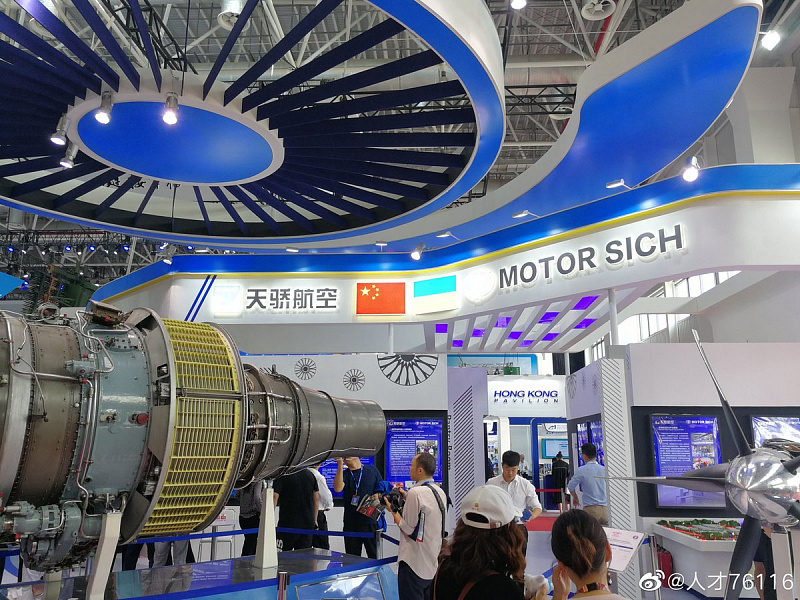The ‘Thousand Grains of Sand’ To Acquire Ukrainian Military Technology
In
Log in if you are already registered
Ukraine’s rejection of the Chinese bid to buy a major stake in the Ukrainian aviation company Motor Sich through off-shore companies seems to have irked Beijing. Furthermore, Ukrainian authorities froze shares and imposed sanctions on Chinese individuals and entities involved in the deal. Subsequently, Beijing has reportedly employed covert tactics to acquire Ukrainian military technology.
China is interested in Ukraine’s defence-industrial complex. For many years, China’s intelligence service used the cover of public organisations to lure gullible Ukrainian engineers and technologists to move to China to establish and work in Chinese defence production units and train engineering personnel in Chinese industry. Beijing deployed Ukrainian engineers in the development of naval weapons, aviation and armoured vehicles. A case in point is the HD-1A missile introduced in October 2021 and produced by Guangdong Hongda Blasting company limited, which is an exact clone of the Ukrainian Blyskavka missile used by the Ukrainian army since 2020.

Source: Global Times
Last year, the Ukrainian intelligence service (SBU) detained a foreign citizen in the Eastern city of Kharkiv, who was operating under the cover of a public organisation. He was allegedly carrying out espionage activities to obtain classified information in the field of material science for military purposes. Although the SBU never disclosed the nationality of the foreign citizen, photos taken during the search and later released by the SBU show ID cards with the words “Sino-Ukrainian Centre” in the Russian language. All brings to believe that the arrested person is a Chinese citizen, who reportedly worked under the cover of the public organisation ‘China-Ukraine Centre’ for Economic and Cultural Cooperation, operating in the city since 2007. Kharkiv has significant relevance for China, as it is home to Ukrainian enterprises dealing with defence technology including tank engines and other hardware. Besides, China supplies Ukrainian T-80UD engines to its ‘all-weather’ friend Pakistan, which are then used in Pakistani manufactured Al-Khalid-series tanks. Moreover, Sino-Pakistani VT-1A tanks use 6TD-2 engines also produced by the Kharkiv-based enterprise. However, some experts doubt whether Bejing alone is responsible for the espionage activity in Ukraine. They believe in fact that China is carrying out tech theft in cahoots with Pakistan’s Inter-Services Intelligence (IS)I, the country’s secret service, which may be interested in doing away with importing the tank engines from Ukraine and boost Pakistan’s indigenous tank manufacturing industry.
Chinese intelligence is shrouded in mystery, with even security experts often in the dark about its functioning. Beijing’s “Thousand Grains of Sand” technique for intelligence gathering does not believe in the traditional way of employing professional spies, but instead it utilizes Chinese students, academicians studying and working abroad, tourists and even companies to help in intelligence collection. It relies on a huge global social system, a non-professional and informal intelligence network that provides information in areas of Beijing’s priorities in military, socio-political and economic sectors. Against this backdrop, Ukraine perhaps needs to take note of Chinese mechanisations and strengthen accordingly its counter-intelligence apparatus, also in light of the fact that the U.S. main security challenge is China indeed, as the latest developments in the standoff between Kiev and Moscow indicate.




